Ibero-America
Ibero-America (Spanish: Iberoamérica, Portuguese: Ibero-América) or Iberian America is a region in the Americas comprising countries or territories where Spanish or Portuguese are predominant languages (usually former territories of Portugal or Spain). Portugal and Spain are themselves included in some definitions, such as that of the Ibero-American Summit and the Organization of Ibero-American States. The Organization of Ibero-American States also includes Spanish-speaking Equatorial Guinea, in Central Africa,[1][2] but not the Portuguese-speaking African countries.
.svg.png)
The prefix Ibero- and the adjective Iberian refer to the Iberian Peninsula in Europe, which includes Portugal and Spain. Ibero-America includes all Spanish-speaking countries in North, Central, and South America, plus the Portuguese-speaking country of Brazil. Ibero-America is differentiated from Latin America by the exclusion of the French-speaking country of Haiti, the French overseas departments of French Guiana, Martinique and Guadeloupe, and the French collectivities of Saint Martin and Saint Barthélemy. In addition, the countries of Belize, Guyana and Suriname, whose official languages are English, English and Dutch, respectively, are not considered to be either Ibero-American or Latin American.
Since 1991, the Iberoamerican Community of Nations organized a yearly Ibero-American Summit meeting of the heads of state and governments of the Ibero-American countries, including Spain, Portugal and Andorra,[3][4] this has since changed to biannually from 2014.
Countries and population in Europe and the Americas
- Spanish-speaking: (430,567,462 speakers)

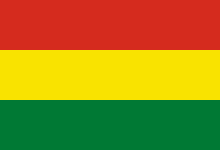


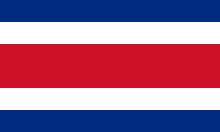



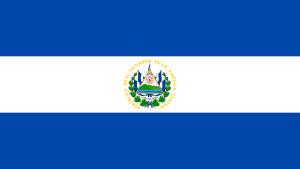
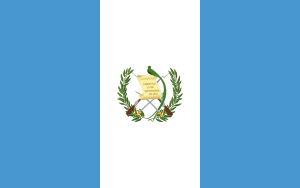
.svg.png)



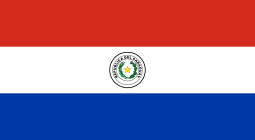

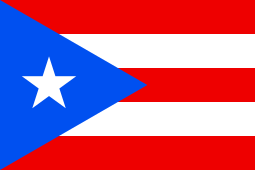



- Portuguese-speaking: (211,520,003 speakers)
- Catalan-speaking: (4,079,420 speakers)
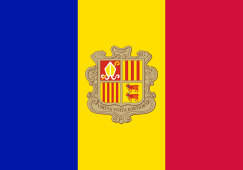
See also
References
- Presentación, Acerca de la OEI, Organización de Estados Iberoamericanos para la Educación, la Ciencia y la Cultura. Accessed on line October 22, 2007.
- Países Archived 2007-11-12 at the Wayback Machine, Cumbres Iberoamericanas de Jefes de Estado y de Gobierno. Accessed on line October 22, 2007.
- Ibero-American Summit Archived 2007-12-06 at the Wayback Machine, Foreign Office, Republic of Brazil. Accessed on line October 22, 2007.
- pp. 312–313, Spain: Democracy Regained, Ergasto Ramón Arango, Spain: Westview Press. ISBN 0-8133-2915-9.
External links
| Wikimedia Commons has media related to Iberoamérica. |
- Official website of the Organization of Ibero-American States (OEI) (in Spanish)
- Official website of Ibero-America's Secretariat General (SEGIB) (in Spanish)
- Official website of the Organization of Ibero-American Youth (OIJ) (in Spanish)
- Digital history of Ibero-America from the 14th to the 18th century (in Spanish)
- La Insignia, news about Ibero-America (in Spanish)
- Pensar Iberoamerica, cultural magazine about Ibero-America (in Spanish)
- Official website of El Ojo de Iberoamerica, one of the most important festivals devoted to Ibero-America (in Spanish)